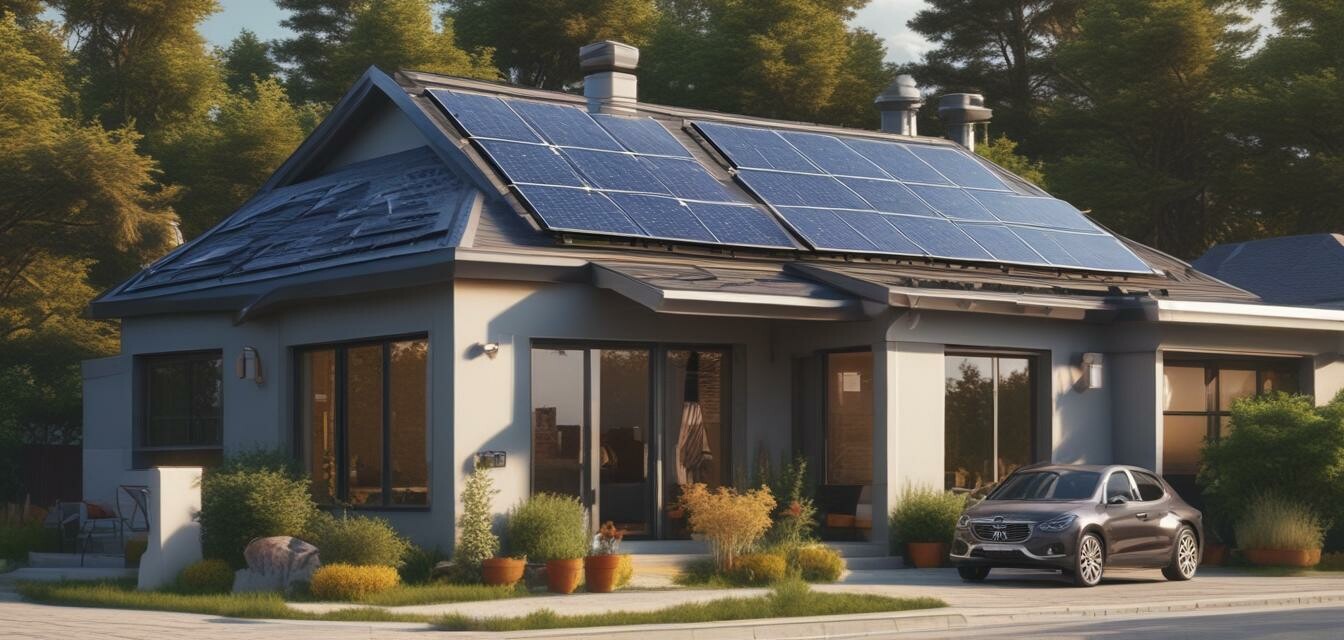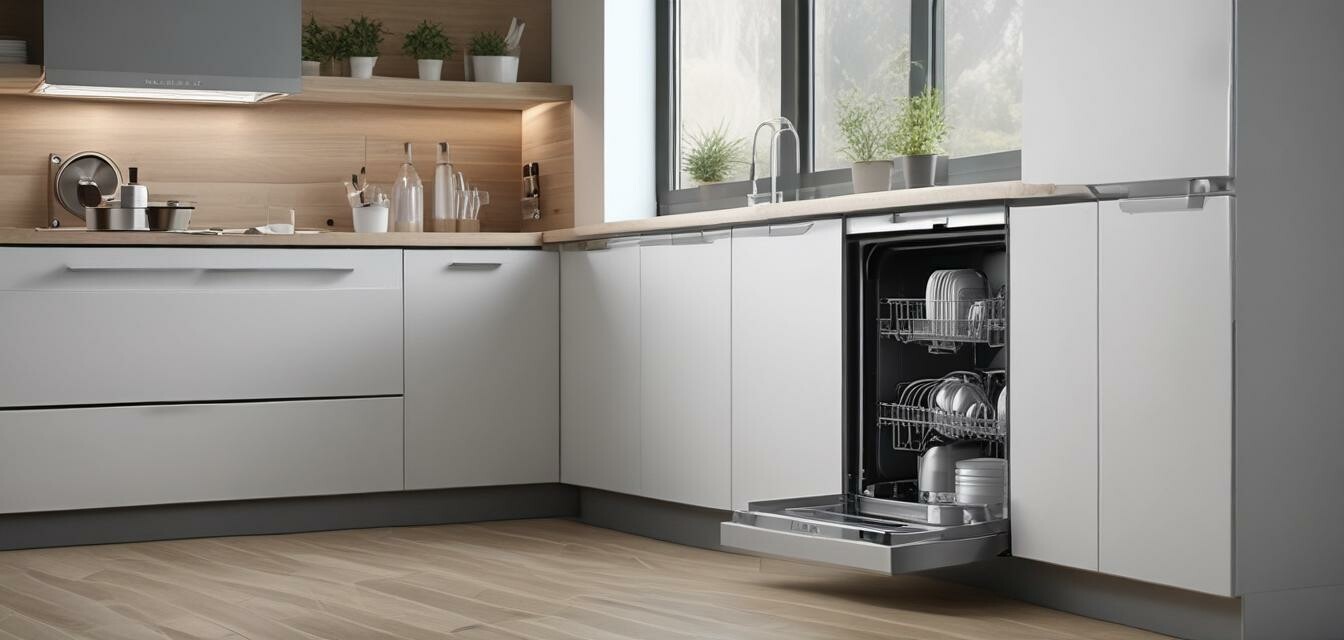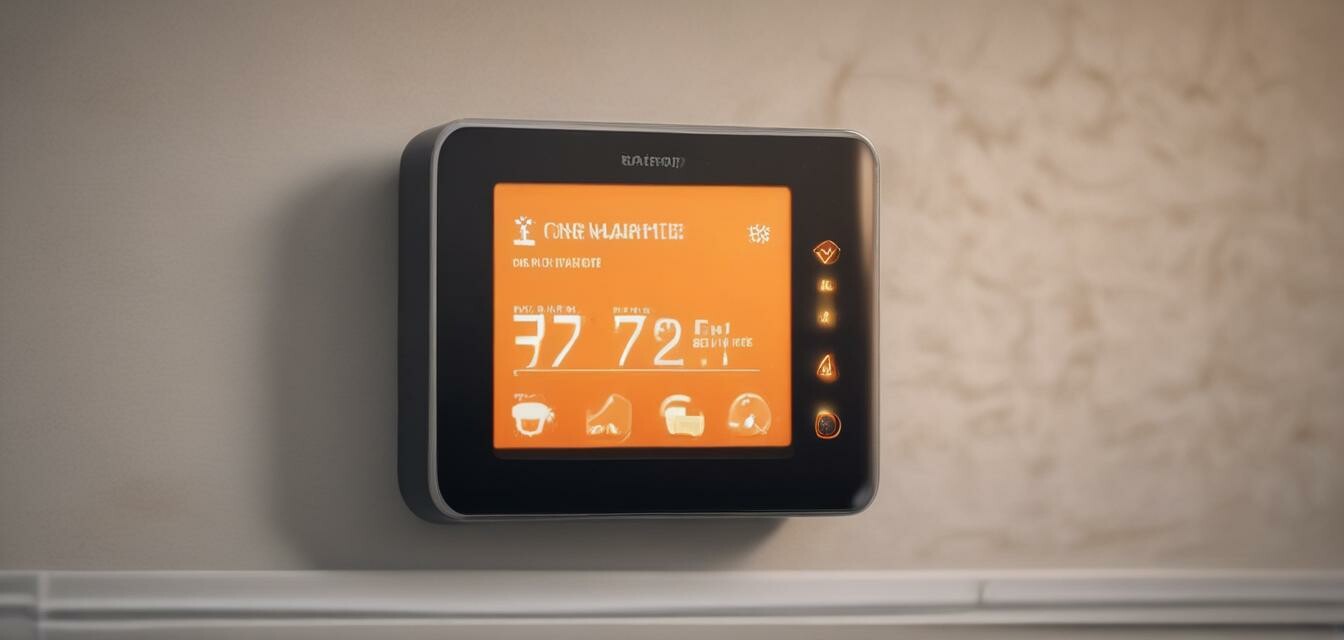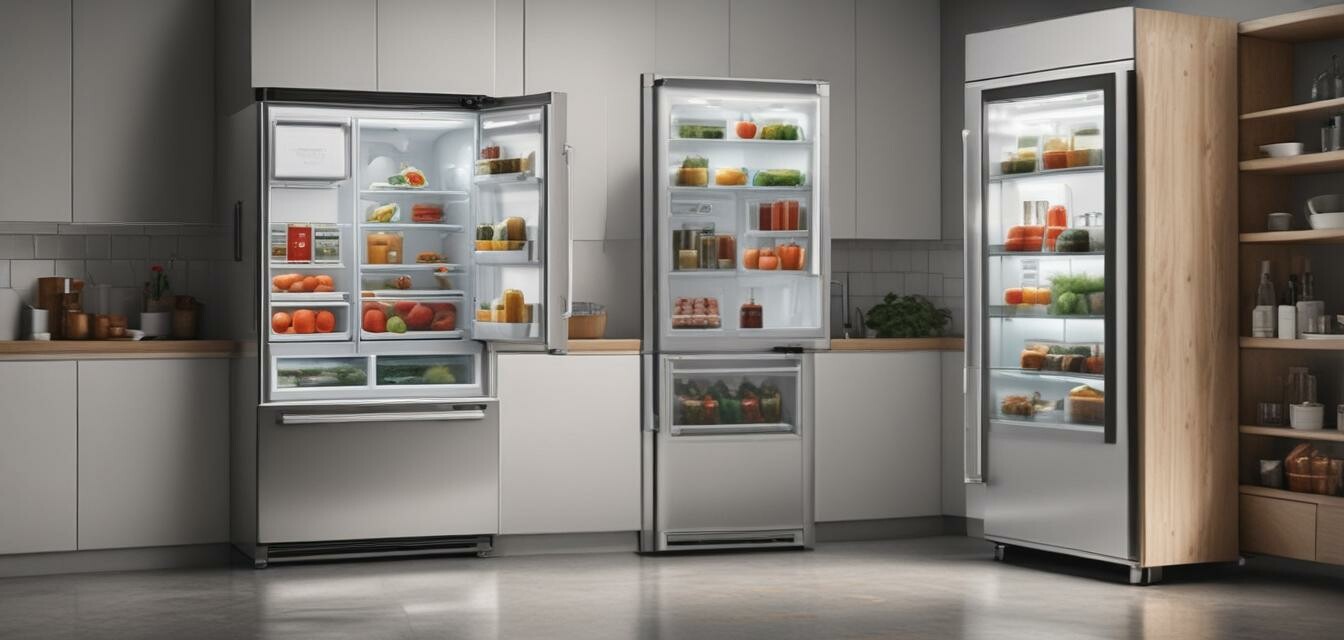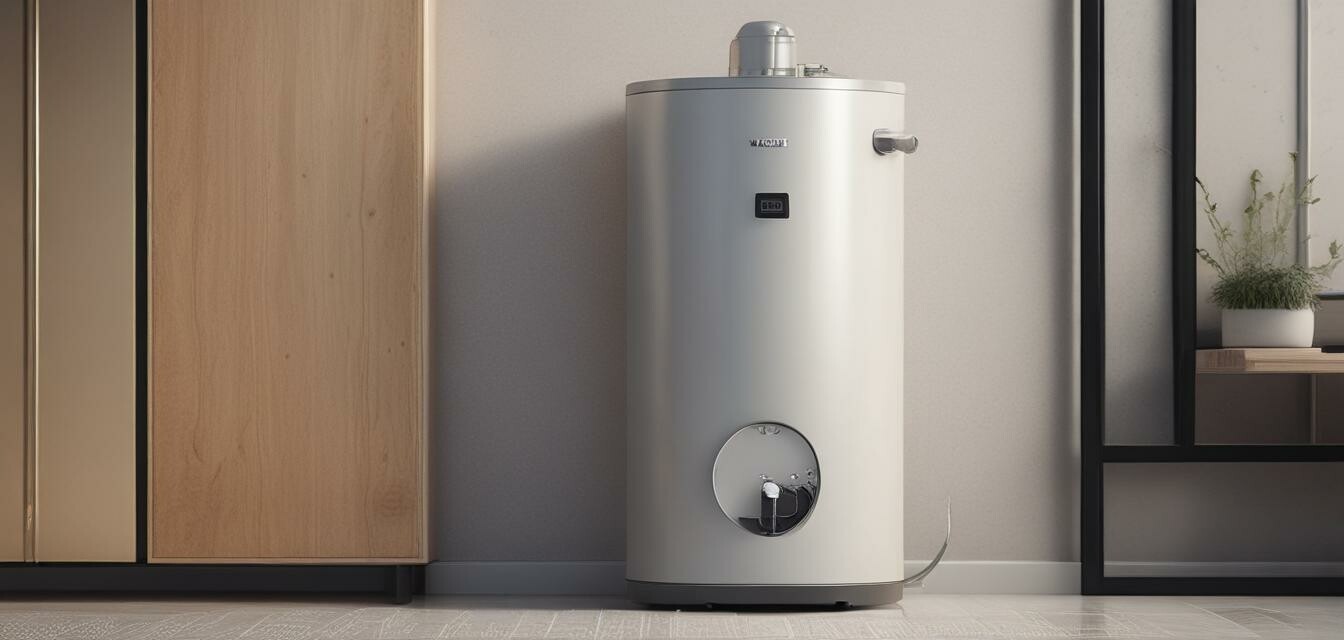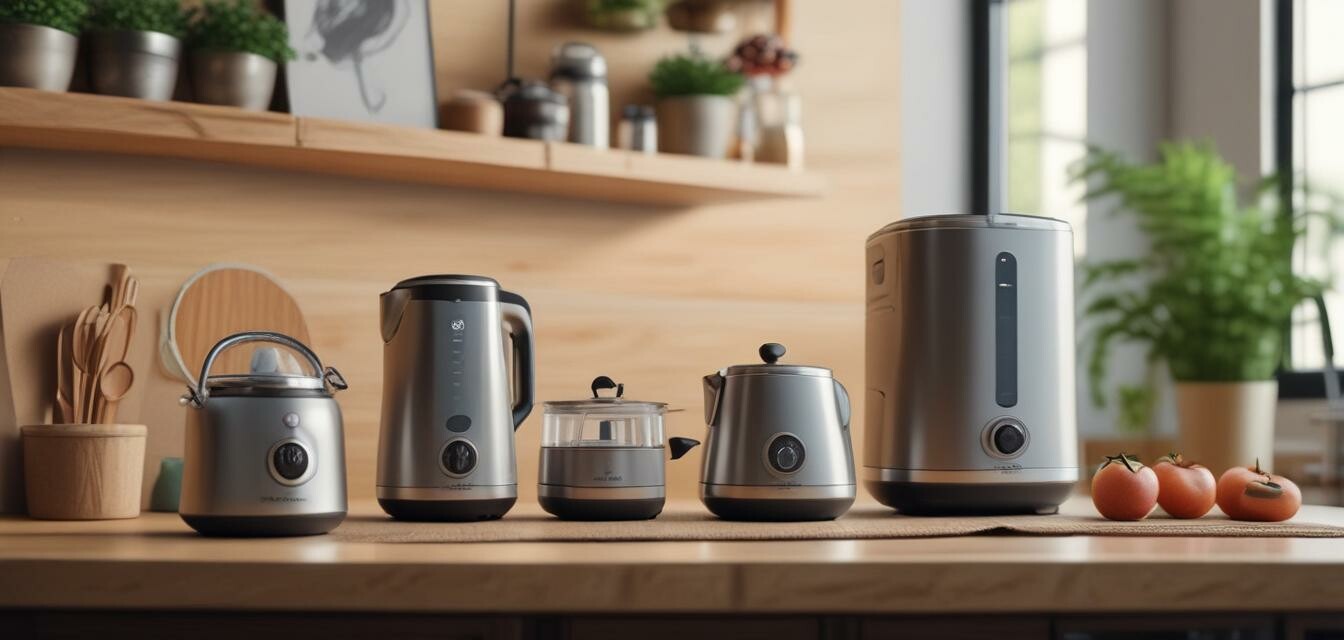
Eco-friendly small kitchen appliances
Key Takeaways
- Eco-friendly small kitchen appliances reduce energy consumption.
- Choosing energy-efficient models can lower electricity bills.
- Investing in these appliances helps minimize environmental impact.
- Many appliances come with innovative features for enhanced efficiency.
In today's world, becoming eco-conscious is essential, especially in our kitchens where energy consumption can be significantly high. This article dives into the realm of eco-friendly small kitchen appliances designed for minimal energy usage and maximum efficiency.
Why choose eco-friendly appliances?
Eco-friendly appliances are not just a trend; they represent a crucial step towards sustainability. Here are some compelling reasons to consider:
- Energy efficiency: These appliances use less power, which translates to lower utility bills.
- Environmental impact: Reducing energy consumption helps decrease carbon emissions.
- Innovative technology: Many eco-friendly appliances come equipped with smart technologies for optimal performance.
Types of eco-friendly small kitchen appliances
There are various types of eco-friendly appliances available for your kitchen. Here’s a breakdown of some popular categories:
| Appliance Type | Key Features | Benefits |
|---|---|---|
| Energy-efficient microwaves | Inverter technology, smart cooking | Less energy usage, faster cooking |
| Low-energy dishwashers | Eco modes, sensor technology | Uses less water and electricity |
| Smart coffee makers | Programmable settings, auto shut-off | Energy savings, convenient brewing |
| Compact refrigerators | High-efficiency cooling, LED lighting | Space-saving, lower energy bills |
| Induction cooktops | Instant heat, precise temperature control | Energy-efficient cooking, safety features |
Tips for choosing eco-friendly small kitchen appliances
Beginner’s Section
- Look for the ENERGY STAR label for verified efficiency.
- Read customer reviews to gauge performance and reliability.
- Consider the size of the appliance in relation to your kitchen space.
- Investigate the warranty and after-sales support.
How to maintain your eco-friendly appliances
Proper maintenance can extend the life of your appliances and maintain their efficiency. Here are some tips:
- Regularly clean filters and vents to ensure proper airflow.
- Keep appliances clean to avoid energy drain.
- Check for leaks or damage frequently.
- Follow the manufacturer's maintenance schedule.
Cost considerations
While eco-friendly appliances may have a higher initial cost, they often lead to savings in the long run. Here's a comparison of upfront costs versus savings:
| Appliance | Average Upfront Cost | Average Annual Energy Savings |
|---|---|---|
| Energy-efficient microwave | $150 | $30 |
| Low-energy dishwasher | $600 | $60 |
| Smart coffee maker | $100 | $15 |
| Compact refrigerator | $700 | $40 |
| Induction cooktop | $300 | $50 |
Innovative features in eco-friendly appliances
Modern appliances come equipped with innovative features that enhance their efficiency. Here are a few to consider:
- Smart technology: Many appliances now feature Wi-Fi connectivity that allows for remote control and monitoring.
- Auto shut-off: This feature helps save energy by turning off the appliance when not in use.
- Energy-saving modes: These options adjust power usage based on the specific needs of the task.
Conclusion
Choosing eco-friendly small kitchen appliances is a step towards a sustainable future. Not only do they help you save on electricity costs, but they also minimize your environmental footprint. By investing in these innovative appliances, you contribute to a greener planet while enjoying the benefits of advanced technology and efficiency.
Pros
- Lower energy bills
- Reduced environmental impact
- Advanced technological features
- Potential long-term savings
Cons
- Higher upfront costs
- Limited options in some categories
- May require more research to find the best model
Further reading
Explore more about energy-efficient appliances:
